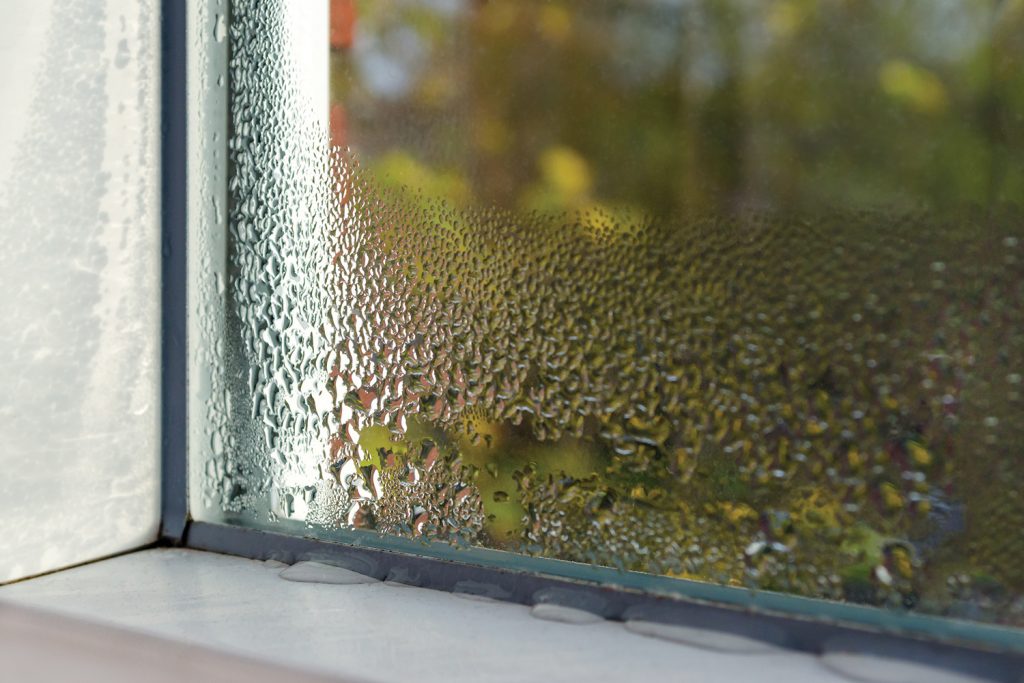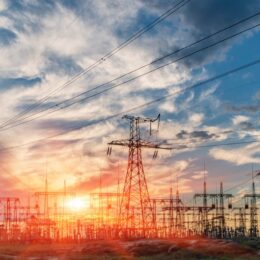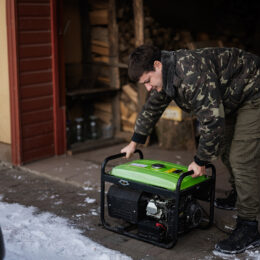
By Kim Burton
Homeowners may grumble this time of year that their windows welcome the wintry chill into their house. Some may think that replacements clearly are the answer to energy savings. Yet it’s important to get the full picture to make the best decision for your home.
The Moving Truth
In most circumstances, upgrading windows will not automatically rush in energy cost savings (especially when factoring in the price of new windows!). Windows, even the very best, are never going to prevent as much heat transfer as a well-built wall.
The confusion arises because of how heat moves within a house. Heat moves to areas of lesser heat. The natural heat movement in a house gives you the impression that the windows are leaking simply because they do pull the warmed air their way. Even a triple-pane window doesn’t have the insulation value to completely stop that movement.
Typical windows get about an R-3 rating (the greater the R-value, the greater the power to keep heat where you want it). For comparison, an average insulated wall has an R-11 rating while an energy efficient home would have an R-19 to R-40 rating.
Of course, there may be a time when your windows need to be replaced or repaired. Here are some common warning signs:
- Faulty window operation
- Excessive condensation between windowpanes
- Decay and water damage on window frames
- Severe storm damage
Improve Your Efficiency
If your home feels drafty in the winter, you may benefit from the energy efficiency enthusiast’s adage: Seal, Insulate, Equip! Properly air seal any gaps or cracks in your home that allow treated air to escape, causing your heating system to work more than needed. Search low and high: water and gas line connections going through a foundation wall in a crawlspace or basement are common culprits, all the way to ductwork in the attic. Next, make sure that your home is properly insulated to ensure that your home can maintain a desired temperature.
After your home is properly sealed and insulated, you can look into new equipment. You may even find that smaller equipment that uses less energy will properly heat and cool your home to keep you comfortable.
You can schedule an energy audit to learn more. An audit will include action items you should take to improve your home’s energy use. You can contact your local electric co-op’s energy advisor for more information; your co-op may even offer the audit! Get a clear idea of steps you can take to improve your home’s energy use and comfort.
KIM BURTON is the retired member services director at Miami-Cass REMC in Peru, Indiana.



